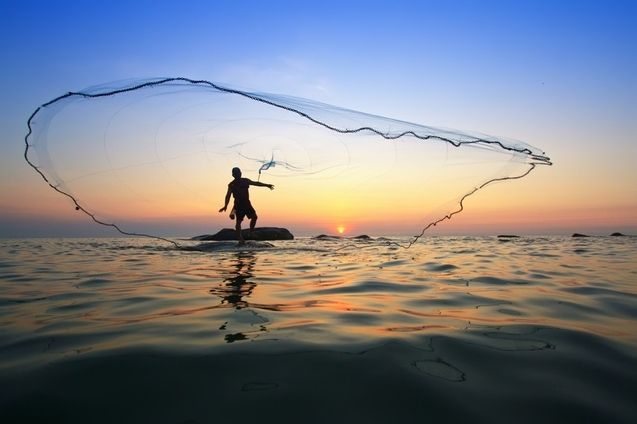Katherine Tai, head of the USTR, considered that there are still «important deficiencies» in a draft agreement on fisheries subsidies in the WTO.
Globally, UNCTAD estimates that fisheries subsidies amount to $ 35 billion worldwide, of which $ 20 billion contributes directly to overfishing.
Likewise, according to FAO data, the percentage of populations captured at biologically unsustainable levels increased from 10% in 1974 to 34.2% in 2017.
«WTO members must ask themselves whether the current negotiating text reflects the best we can do after 20 years,» said Tai.
In a statement, the WTO reported on Thursday that members of that organization approached an agreement that would establish new rules for the global fishing industry and limit government subsidies that contribute to unsustainable fishing and the depletion of global fish stocks.
Katherine Tai
According to the WTO, during an all-day meeting with 104 ministers and heads of delegation, members pledged «to conclude negotiations soon» and certainly before the WTO Ministerial Conference in early December, and to empower their delegations based in Geneva to do so.
But for Tai the draft WTO agreement is not ambitious enough, especially in its treatment of special and differential treatment.
Meanwhile, China’s Trade Minister Wang Wentao said the subsidies should «be provided mainly to poor and vulnerable artisanal fishers» in developing and least developed countries.
China is the largest contributor of subsidies with about 21% of the $ 35 billion globally.
On the contrary, India demanded flexibilities to develop its fishing industry.
In particular, Katherine Tai has proposed including a ban on subsidies when forced labor is used on fishing boats, linking the issue to human rights.
![]()

